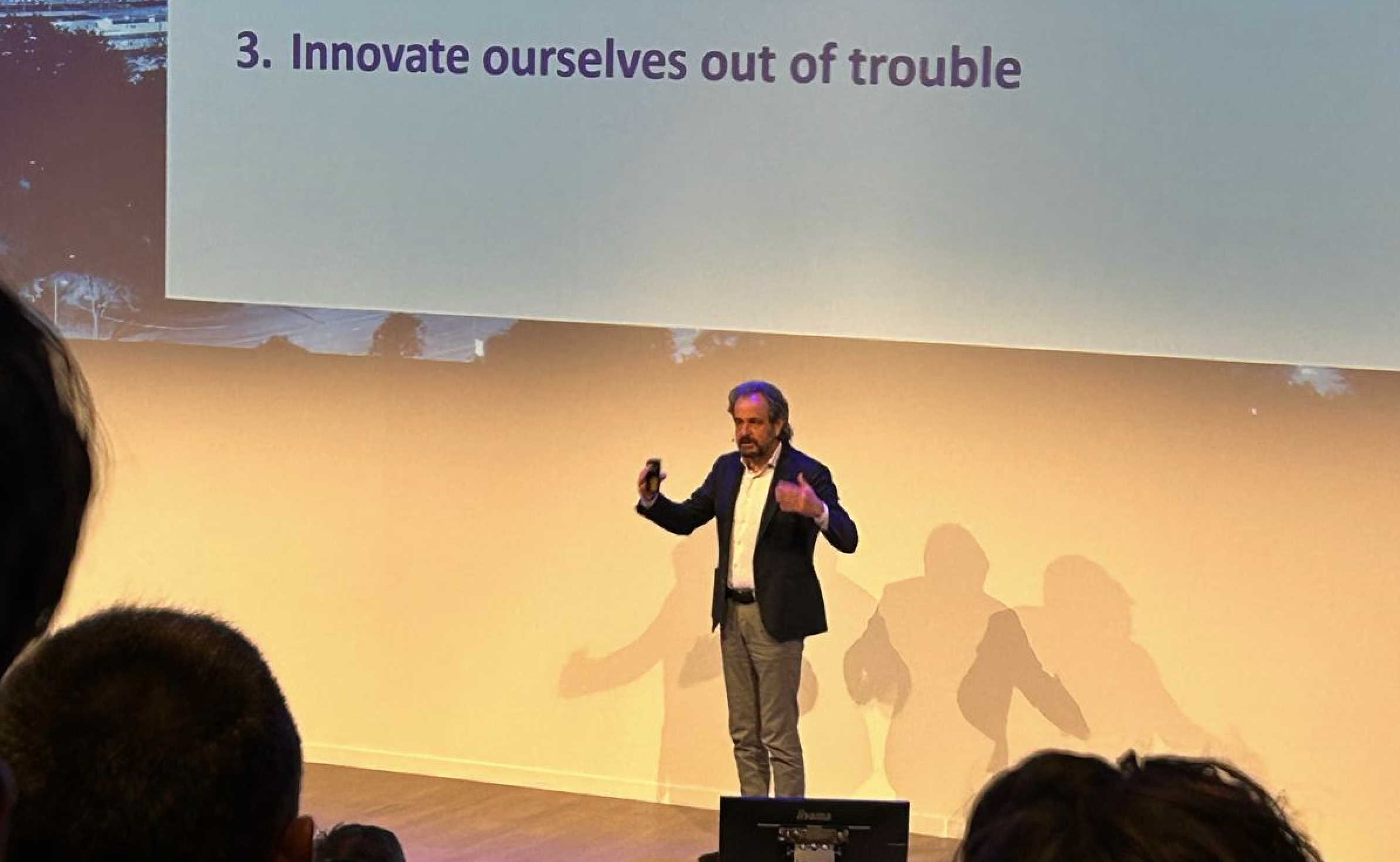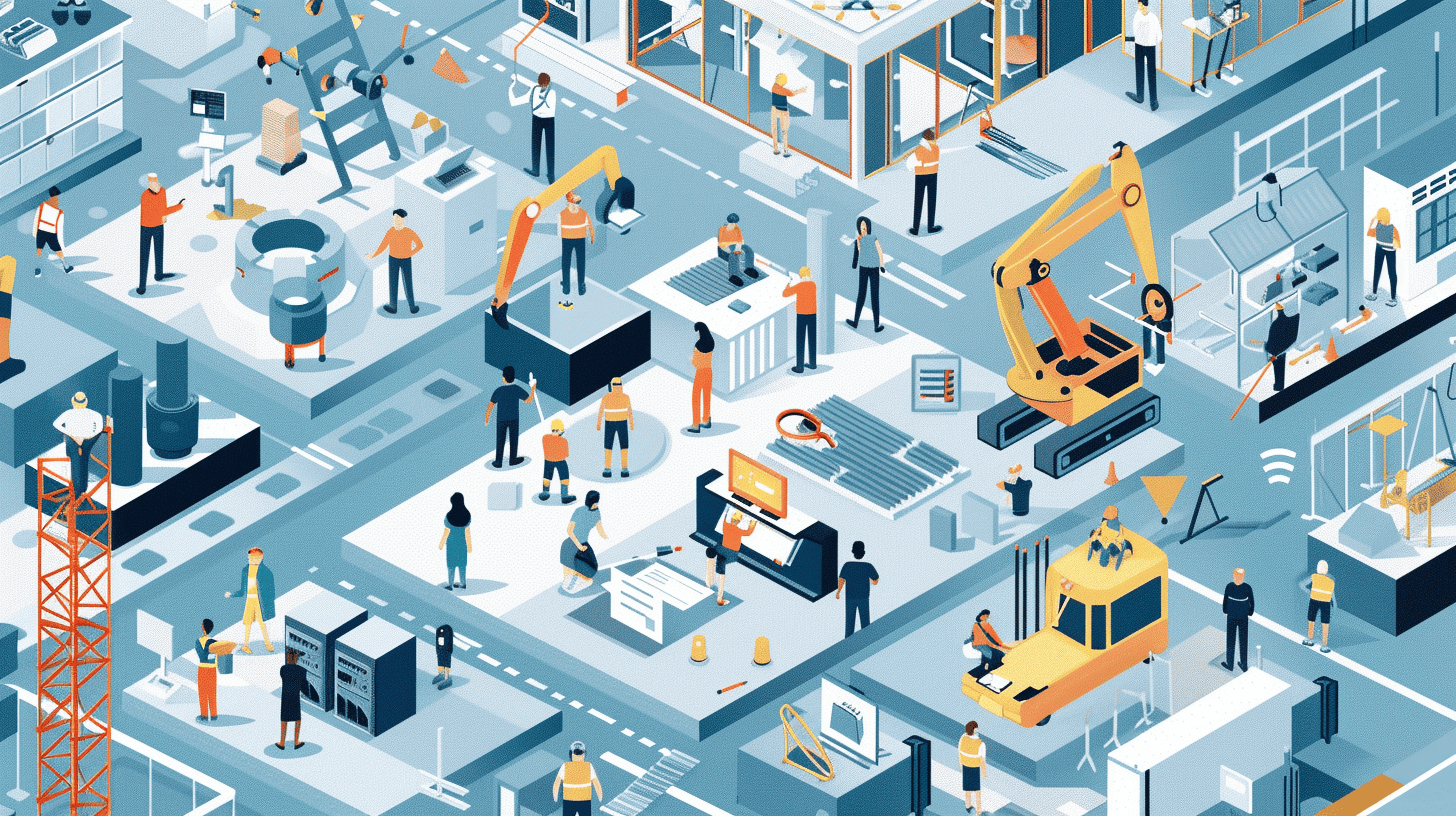
Will sex with robots indeed be quite normal in a few years, as artificial intelligence expert David Levy claims? He believes that in about 30 years, robots will have developed to the point where humans will be able to have intimate relationships with them and even believes that human-robot marriage will be legalized. There are several more experts who share his opinion. This is not surprising, given the rapid technological innovations in the field of sexuality.
The first advanced sex robot with AI was already developed a few years ago. Buying such a robot now requires a deep dive into your pocket but this is expected to change in the future. If the demand increases, the price will fall. That the demand is there is shown by the emergence of brothels where sex dolls and sex robots can be used. Also in elderly care, people see possibilities for the use of sex robots.
Online event about artificial intimacy
Critics point out the many ethical and philosophical dilemmas attached to the use of these robots. For example, there are robots that are specifically designed to protest so that sexual contact looks like rape. There are also already robots for sale that look like children. Opponents, such as professor of robot ethics Kathleen Richardson, also believe that the idea of women as objects of desire is normalized through the use of sex robots. To counter this and create more awareness about the risks of sex robots, Richardson founded the Campaign Against Sex Robots (CASR). During the online event Sex, Robots and Artificial Intimacy: A threat or the next best thing? she will explain her ideas. The event will take place on May 31, 2021, during Dutch Technology Week.
Lily Frank, philosopher and assistant professor at the Philosophy and Ethics research group at Eindhoven University of Technology in the Netherlands, will moderate the debate. One of her research areas concerns technology in the field of love and sex. Here she focuses not only on sex robots but also on technologies such as Tinder, augmented or virtual reality and smart and teledildonics (toys for remote sex).
About the upcoming event, she says: “In addition to Richardson, computer scientist and Human-Robot Interaction expert Kate Devlin will be present to discuss the role of technology in human intimacy and sex. Frank aims to raise a number of ethical and moral issues during a debate. Questions of infidelity, privacy and security will also be addressed.
The advantages of sex technology
On the possible benefits of new sex technologies, Frank says: “They can serve as sex therapy for people who are seriously ill or disabled and therefore cannot meet a human partner. In addition, sex robots or other sex technologies may be useful for people who have sexual trauma or other sexual problems. Some authors have even suggested that child sex robots may be a way to change the desires and behavior of pedophile sex offenders. This is, of course, very controversial. Another possible benefit is that people who want to have sex with each other can do so remotely. This makes all kinds of long-distance relationships possible.”
Does Frank think we will still have a lot of interaction with each other in the future? Or will we gradually come to prefer sex with robots? “There are already people who prefer virtual sex or sex with sex dolls or robots to sex with flesh-and-blood people. I can imagine that more and more people will opt for this as the technologies become available to a wider audience. In any case, this is the position David Levy is taking.”
Unconditional love
Asked about what robots can give us that humans can’t, Frank says: “Availability and convenience. And you also don’t have to worry about consent. What comes with that is ‘unconditional love’ that you probably won’t find with another human being. Plus, we can design robots for our own purposes and program them specifically to satisfy our unique desires. We can explore sexual desire in ways that would not have been possible otherwise. In doing so, we don’t have to worry about the consequences in the real world.”
Partnership
Yet there is still plenty that humans can find in each other that robots can’t. “There is a whole range of human characteristics that will presumably never be replicated in a robot, or at least will always be up for debate,” he says. Can robots appreciate us in the sense that we can appreciate each other? If not, then for some people sex with a robot does not have the same value as sex with a human. And can robots ever really choose us as partners? If they can’t, the question is then how robots can be partners at all. Partnership often involves negotiation, sacrifice and common goals. It’s not clear how a robot can be a true partner in a negotiation, actually sacrifice something for us or share goals with us.”
All of these dilemmas, and more, will be discussed in detail at the free online event Sex, Robots and Artificial Intimacy: A threat or the next best thing? on May 31, 2021 at 8:00 pm.







